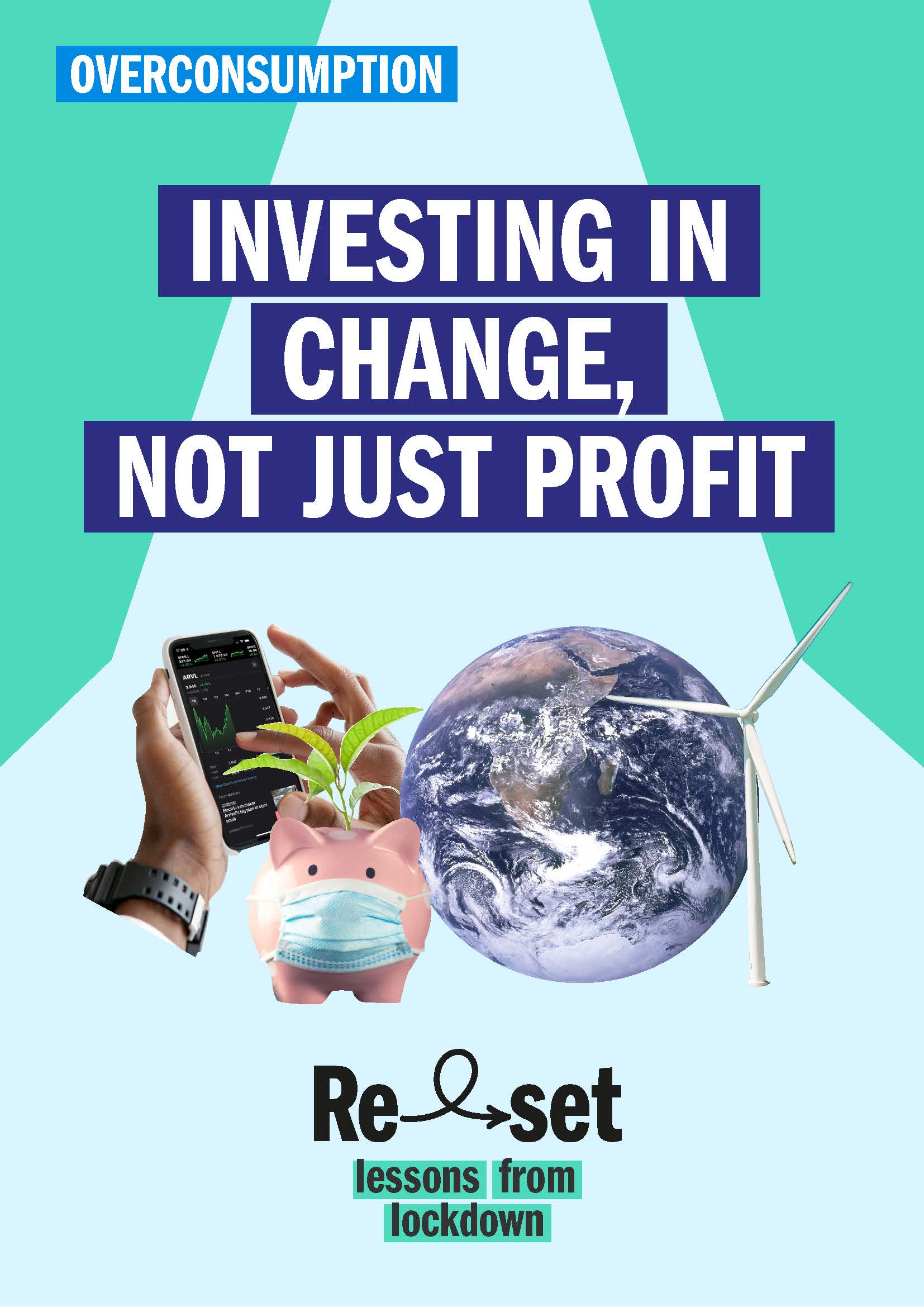Ethical and so-called impact investing – investing in social change that benefits others
– is nothing new, with its origins traced back to the religious movement of the Quakers
in the 1750s. The peculiarities of the pandemic, however, created a fertile ground
for people to think and move their money so it better aligns with what’s important to
them.
People are demanding that the financial institutions who manage their money, through their pensions and savings, take environmental and social issues like climate change, human rights and diversity into account and the potential impacts of this are huge.
– Lisa Stonestreet, EIRIS Foundation
The pandemic, and the lockdowns introduced to halt its spread, gave us all a chance to reflect on how we live our lives and what we want from them. For many people this meant reflecting on where they put their money and how their money is being put to use. Ethical investing has been given a boost during the lockdowns and its importance as both an option for savers and investors, and a way of raising the capital required to transition the global economy is growing noticeably.

This story is part of the Reset series – a collection of short downloadable stories that look in more detail at over consumption and unnecessary travel. They consider some of the key messages and solutions that have become apparent during the pandemic that could help us make the rapid transition to a more sustainable future.
This guide has been made possible by the support of ClimateWorks Foundation.

